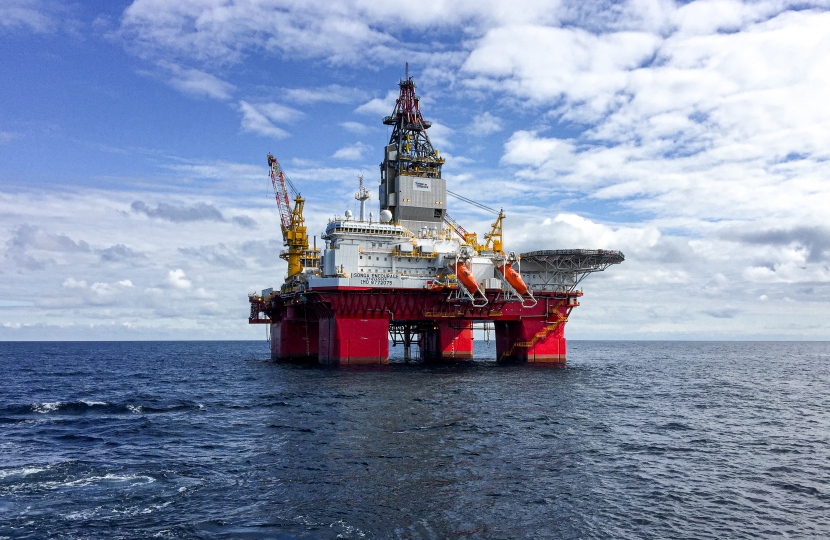
Sanjoy Sen is a North Sea oil engineer and was the Scottish Conservatives candidate in Aberdeen North at the 2015 general election. In 2019, he gained over 18,000 votes in Alyn & Deeside, coming within 213 votes of taking the seat.
Many of us are starting to hear about the ‘energy transition’. And there’s growing awareness that it involves moving towards a cleaner, more sustainable future. But if you’re unclear exactly what it all means, don’t worry: you’re not the only one. There’s a lot uncertainty out there.
On the road, some major car manufacturers are pushing ahead in electric vehicles (EVs) whilst others are betting on hydrogen-powered fuel-cell vehicles (FCVs) instead. At home, some experts reckon we should be switching our central heating over to hydrogen whilst others contend we should be ditching our boilers altogether for electric heat pumps. And whilst some see all our future electricity requirements being met by renewable energy (wind, wave, solar), others are adamant that nuclear power still has a key role to play.
But whilst pretty much nothing is set in stone, let’s just remember this: it’s called the energy transition for a reason. We are already moving towards cleaner transport, heating and electricity. But we won’t get there in one, fantastic leap. Instead, we are pretty much at the bottom of a very steep learning curve and we won’t get much further unless we start taking some bold steps.
And that’s particularly important for Aberdeen. After all, this is a city whose recent fortunes have been built on oil & gas but is now facing an uncertain future. Thanks to a combination of dwindling North Sea reserves, a global fall in the barrel price and the
COVID-19 pandemic, the city has been exceptionally badly hit. With many already out of work, it is vital to embrace the energy transition and start re-purposing the years of skills and experience built up here.
That’s why it’s so encouraging to hear of the Aberdeen Council (co-led by the Conservatives) entering into a partnership with BP. The aims are certainly ambitious, including the hydrogen economy, more efficient buildings and low-emission vehicles. This is the first partnership of its kind in the UK and second globally only to Houston. Let’s wish everyone well in this exciting new venture.
Aberdeen will also soon be seeing a new fleet of hydrogen-powered double-decker buses on its streets, another world first for the city. It’s encouraging to see the city embracing the future: we’re going to need a lot more of that ‘can-do’ attitude. We all understand that the city should have started the energy transition years ago. But we are where we are. And the absolutely worst thing we can do right now is waste even more time. The world won’t wait for Aberdeen, after all.
In fact, there’s already a danger of getting left behind. In 2017, Japan unveiled a highly ambitious hydrogen strategy: the aim back then was to showcase it at this year’s Olympic Games. More recently, the EU, Germany and France have followed suit, rolling out strategies aimed at tackling massive challenges: the environment, import dependence and post-COVID economic recovery. And here in the UK, major industrial regions, including Teesside and Humberside, have already unveiled big plans to re-invent themselves.
Do these other places have all the answers whilst Aberdeen doesn’t? And do they see no technical drawbacks or economic uncertainties? Of course not. But they’ve grasped that they have to start somewhere and they’re getting on with it. We urgently need to start doing the same before we lose Aberdeen’s real value: not its dwindling North Sea reserves but its workforce.
Photo by Jan-Rune Smenes Reite from Pexels

